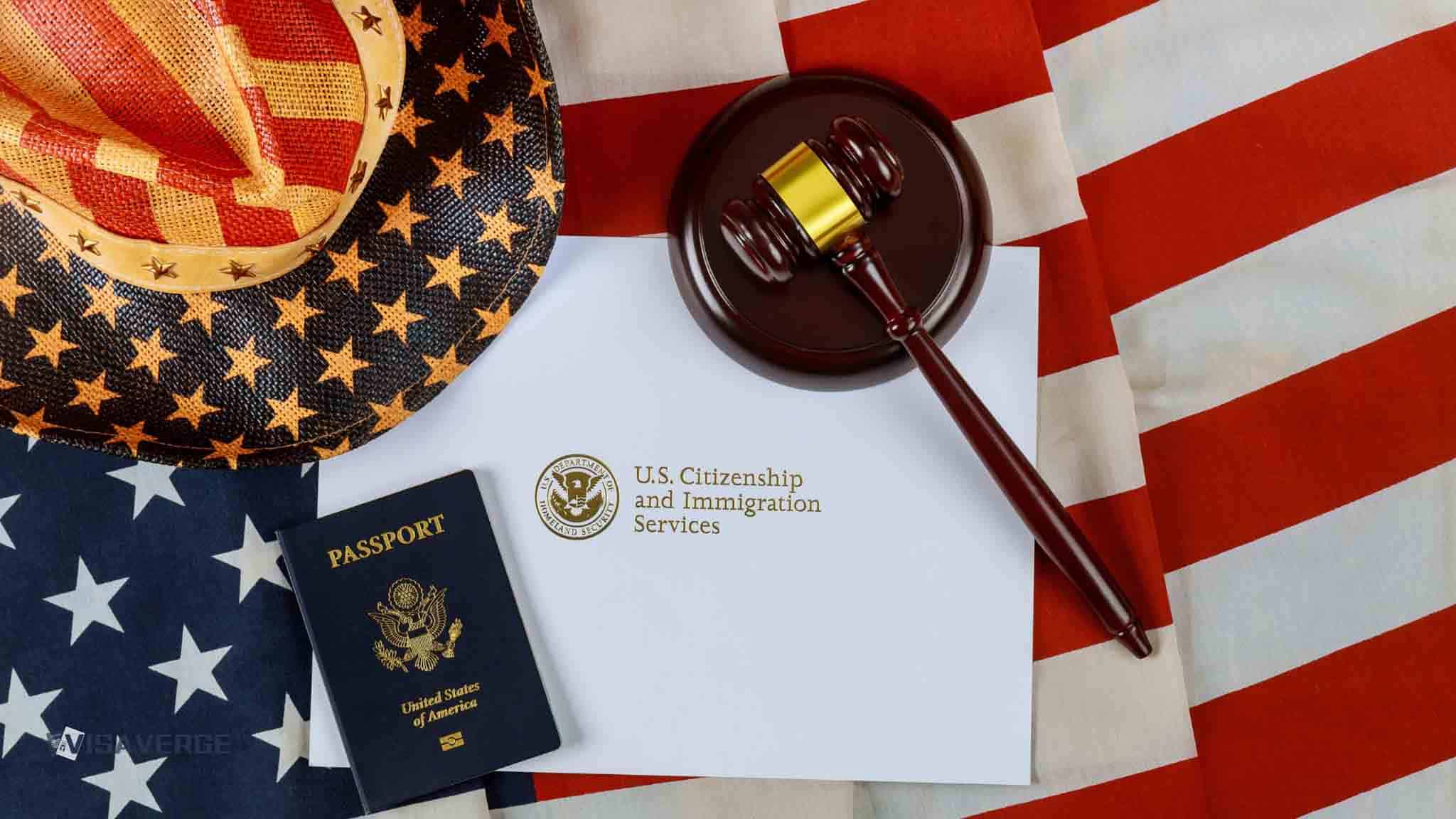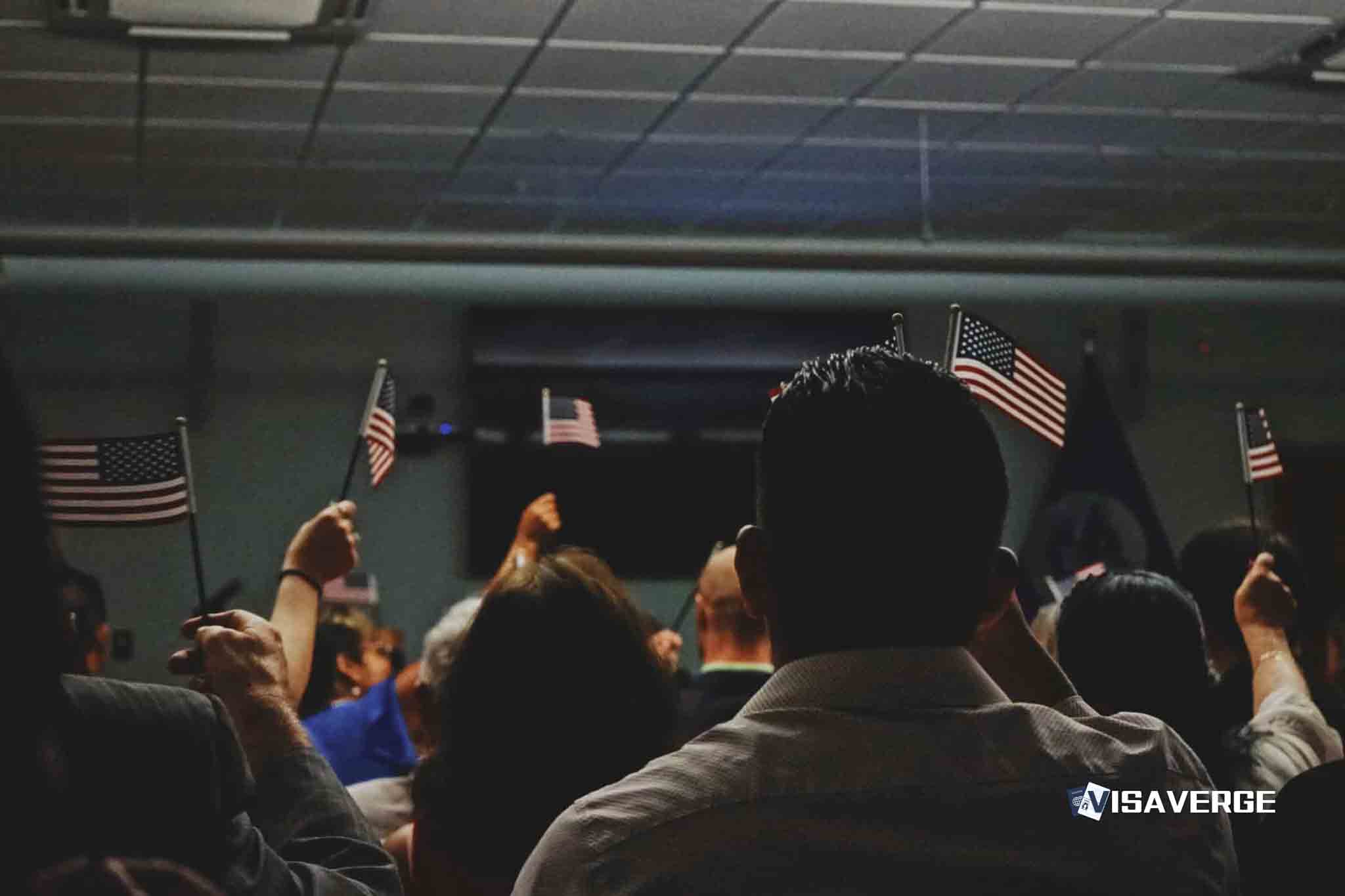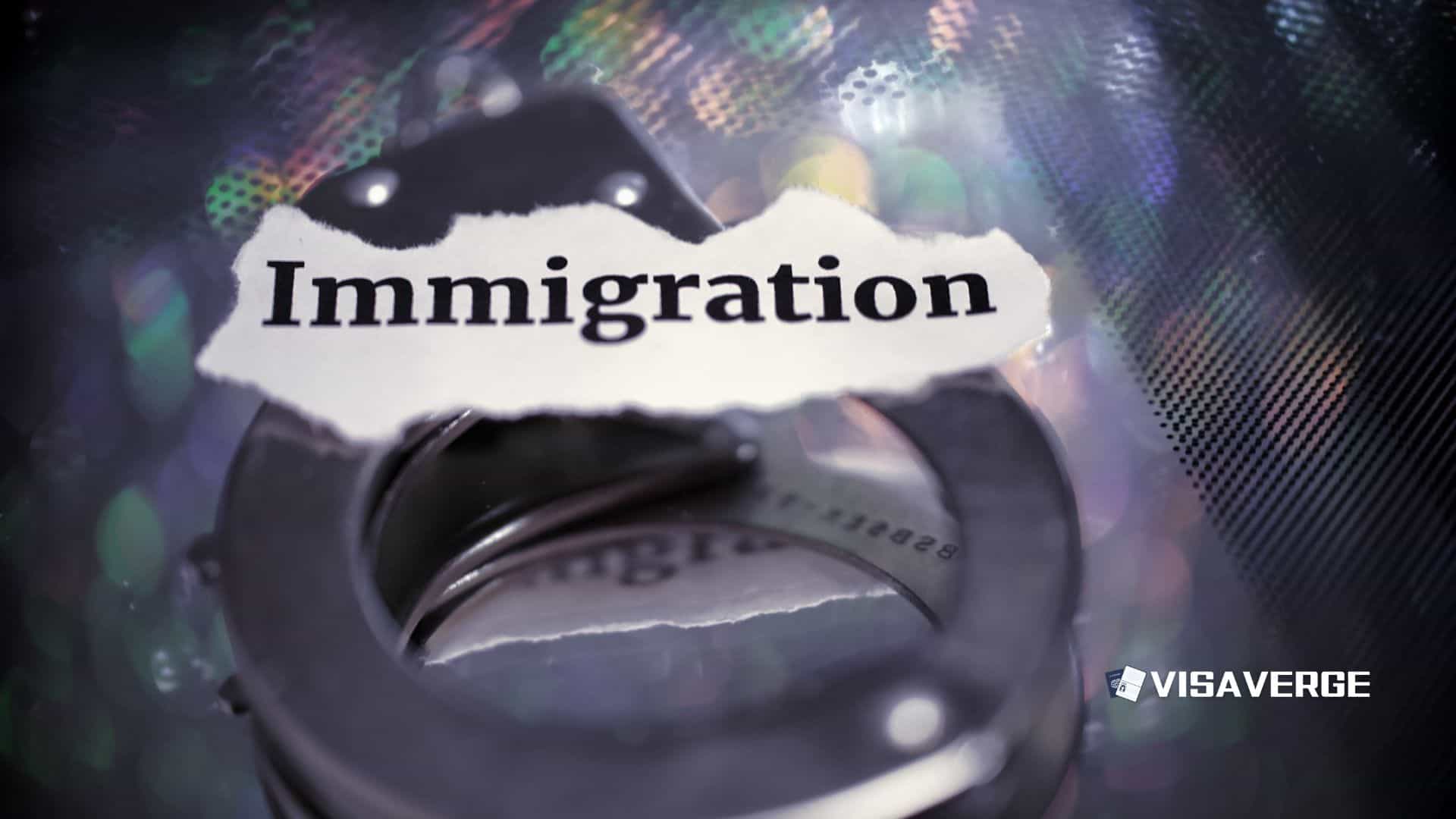Key Takeaways
• Over 35,000 people lost Kuwaiti citizenship since late 2024, risking statelessness and loss of basic rights.
• Legal changes to Articles 8 and 13 allow wider revocations without court review; families affected, especially women and children.
• Mandatory biometric registration introduced; noncompliance leads to frozen bank accounts and denial of essential services.
Kuwait 🇰🇼 is facing a growing problem that is catching the attention of the world: the mass revocation of citizenships. Since the middle of 2024, government actions have left tens of thousands, in some cases entire families, at risk of statelessness. This means people are left without any official nationality or citizenship. Many experts and human rights groups call this a statelessness crisis, with estimates saying between 35,000 and 42,000 people have been affected so far. People are losing their jobs, their travel rights, their pensions, and even access to basic services. This article will help you understand what has happened, who is at risk, and why this situation has become so serious for so many in Kuwait.
Why Kuwait Is Revoking So Many Citizenships

The large wave of citizenship revocations in Kuwait 🇰🇼 did not happen overnight. The campaign began to grow rapidly in late 2024 after new changes were made to the country’s main citizenship rules, known as the 1959 Nationality Law. The official reason given by the government for taking away citizenships includes claims about fraud, such as people hiding another citizenship or gaining passports using false documents. Officials also say they want to stop people from breaking important national rules or harming the country’s security.
But many people and groups, both inside and outside Kuwait 🇰🇼, do not fully believe these reasons. They point to the lack of clear evidence and proper steps to prove that someone did something wrong before their citizenship is taken away. Instead, some believe that this process has become a way for the government to punish people it does not like or silence those who disagree with its actions, like journalists, artists, and activists.
For example, in January 2025, nearly 3,900 people lost their Kuwaiti nationality in just that month, as reported by VisaVerge.com. Many of these persons were not given a chance to defend themselves or even see the evidence against them.
The Legal Rules: What Changed in Kuwaiti Law?
The rapid increase in citizenship revocations would not have been possible without recent legal changes. Two major parts of the Nationality Law were changed and both have been strongly criticized:
- Personal Rights for Women Changed: Article 8 of the law allowed foreign women married to Kuwaiti men to acquire citizenship. Now, not only has this path been closed for the future, but many women who already became citizens this way have had their citizenship taken back. Many experts and rights groups say this is unfair, especially because it affects people who followed the old law when they gained their new nationality. Making a law that takes away rights after they were already given breaks promises that countries are supposed to keep under their own constitutions and international rules.
-
More Power to Revoke: The government also changed Article 13, giving itself sweeping powers to take away citizenship from people in cases that were not always clear or easy to prove. This includes crimes linked to “honor,” “trust,” or anything officials say hurts state security or goes against the interests of the country. Not only the main person accused, but even their family members can lose citizenship under these new powers.
What makes this even more troubling for many is that there is no court review if you lose your citizenship. A special committee decides and then the Cabinet approves, but there is no way for the person or family affected to go to court and fight back. This goes against basic ideas of justice and fairness found in international rules, such as those in the Universal Declaration of Human Rights.
Life After Citizenship Revocation: Personal and Family Effects
Losing your nationality in Kuwait 🇰🇼 does not simply mean losing a passport. For thousands, it changes nearly every part of daily life. Some of the biggest problems include:
- Loss of Jobs: Many people lost their government or private jobs because you have to be a Kuwaiti citizen for most good employment. Even if you worked for years, if you get stripped of your nationality, your contract can be broken right away.
- No Pensions or Benefits: Pensions were stopped or frozen for those who had earned them as citizens. Social insurance payments are lost, leaving whole families without support.
- No Right to Travel: Most of those affected saw their passports canceled. Many cannot return to another nationality, because Kuwaiti rules in the past made them give up former citizenships when they became Kuwaiti citizens. Now, they are stuck, unable to leave the country, and unable to prove the right to live anywhere else.
- No Legal Protection: Without citizenship, you cannot use most of the legal system to defend your rights or solve problems. For many, it is like being invisible to the country that was supposed to protect you.
- Debt and Detention Risks: Strict rules mean that some can be held by police just for owing money, especially now that many lost their jobs and cannot pay.
Some have said they feel “like hostages” inside Kuwait 🇰🇼 since they cannot travel, find regular work, or access everyday services. The situation is even more dangerous for women and children. Women already had fewer ways to pass nationality to their children, and the new laws have made things worse. Children affected by these rules may now face poverty, lost education, and a future with few rights—a problem already seen in Kuwait 🇰🇼’s Bidoon community, who have been stateless for many years.
The Old and New Problem of Statelessness in Kuwait
The problem of statelessness is not new for Kuwait 🇰🇼. For decades, the country has had a group known as the Bidoon—people who grew up in Kuwait 🇰🇼, identify as Kuwaiti, but are not legally recognized as citizens. The Bidoon often have limited access to healthcare, education, jobs, and property. They live as “guests” in their own home country without any clear way to become full citizens. The new wave of citizenship revocations is making this statelessness crisis even bigger. Many who recently lost citizenship have joined the Bidoon, leading to entire families and children being left without any nationality or official protection.
New Identity Checks and Biometric Registration
Alongside the campaign to remove citizenships, the Kuwaiti government has started a very strict identity and monitoring process. All citizens and many long-term residents must go through biometric registration, which includes things like fingerprinting, iris scanning, and in some cases, DNA analysis. The stated reason is to “verify” people’s claims to Kuwaiti citizenship or check for possible fraud.
If someone does not complete this biometric registration, the punishment can be harsh. Many have had their bank accounts frozen, or have been cut off from public services, like access to government medical care or schooling for their children. The Bidoon are among those most affected, because some refuse to register for fear of further harm or loss of what little documentation they have.
Rights groups and privacy experts have raised concerns over these biometric rules. There are also plans to share this collected data across the Gulf Cooperation Council (GCC) countries, raising even more worries about how this information might be used by other governments in the region.
Political Tensions and the Fight for Power
One key reason why Kuwait 🇰🇼 is acting this way can be found in its recent political struggles. Since Emir Sheikh Mishal Al-Ahmad Al-Sabah suspended and dissolved the parliament—a move not seen for such a long period since the country’s independence—the government has ruled with special emergency powers. Many emergency decrees limit free speech and other civil rights.
Some believe the denaturalization campaign is being used as a political weapon, affecting those considered critical of, or a threat to, the ruling family or those it sees as rivals. The Emir justifies these actions as “restoring” Kuwaiti identity, but critics argue that the true goal is to strengthen control over society by making groups and individuals more afraid to speak out. The rapid removal of citizenships and the use of new technology show how much importance has been put on controlling the population, sometimes at the cost of fundamental rights.
Attention from Around the World
Kuwait’s mass citizenship revocations have not gone unnoticed. Many international agencies and rights organizations are calling for an end to what some call “relentless” removals. Groups like Minority Rights Group International strongly urge the Kuwaiti government to stop and respect basic human rights.
Quoting them:
“Kuwait must end this relentless wave…and ensure compliance with international human rights standards.”
Even the United Nations Special Rapporteur on violence against women has announced plans to visit Kuwait 🇰🇼 in September 2025 to study and report on these developments. These visits and reports show that global attention is focusing on Kuwait 🇰🇼’s actions.
Groups say the main problems are:
– Taking away nationality in ways that do not follow proper rules or allow people to defend themselves.
– Changing the law to take away rights that were already given, which is against the country’s own constitution and international agreements.
– Hurting women and children more than others, often leaving them with no clear future or protection.
– Making statelessness more common in a country that already had a big group without nationality.
You can learn more about Kuwait’s nationality law and current procedures at the Kuwaiti Ministry of Interior’s official page.
A Summary of What’s Happening
| Aspect of the Crisis | Details |
|---|---|
| Number affected | Over 35–42,000 since late summer/fall 2024 |
| Main groups targeted | Naturalized citizens (especially those married through Article 8), Bidoon |
| Legal basis | Nationality Law changes (Article 8 repealed, Article 13 expanded) |
| Appeals process | None—no judicial review; Cabinet approves decisions upon committee suggestion |
| What happens afterward | People risk becoming stateless; they lose jobs, pensions, civil rights; can’t travel; risk detention |
| New identity rules | All must complete biometric (fingerprints, DNA, eye scans) registration or lose access to many services |
The Future: What Can Be Done?
With more questions than answers, the outlook for those caught up in Kuwait 🇰🇼’s nationality crisis remains unclear. Without court review or a clear path to appeal, many families find themselves in legal limbo. Women and children, along with long-suffering groups like the Bidoon, are at the center of this storm. If the status quo remains, the statelessness crisis will likely deepen, affecting not just today’s victims but also the next generation growing up without a country to call home.
International groups are pressing Kuwait 🇰🇼 to bring its laws and actions in line with global human rights standards. The hope is that with more attention, there will be changes to guarantee fair process and return rights to those wrongfully stripped of citizenship.
For individuals, staying informed and connecting to rights support groups may offer some hope, even as many basic legal safeguards remain out of reach in the current system. The situation is moving quickly, and broader action may be needed both inside and outside Kuwait 🇰🇼 to avoid a permanent expansion of statelessness driven by the recent wave of citizenship revocations.
If you or your family have been affected or want official up-to-date information on your citizenship status or rights in Kuwait 🇰🇼, always check with the Kuwaiti Government’s official immigration website, where detailed rules and updates are posted.
As the crisis continues, both Kuwait 🇰🇼 and its international partners face tough questions about how best to protect the rights of everyone living in the country. The mass cancellations of citizenship have already caused hardship for thousands, and the true human cost may only be fully known in the years to come. The hope is for a future where people do not have to fear losing the only home they have ever known.
Learn Today
Statelessness → The condition of not being considered a citizen by any country, resulting in a lack of legal rights or protections.
Revocation of Citizenship → The process by which a government takes away someone’s citizenship, often leaving them without legal nationality.
Nationality Law → The set of legal rules in a country that decide who can gain, keep, or lose citizenship status.
Biometric Registration → A system requiring individuals to provide unique biological data (like fingerprints or DNA) to confirm identity for government records.
Bidoon → A longstanding stateless community in Kuwait, lacking recognized nationality and often denied basic services and legal protections.
This Article in a Nutshell
Kuwait’s recent mass citizenship revocations have left over 35,000 people at risk of statelessness. New laws allow removal without court appeal, targeting families, women, and activists. The government’s biometric registration adds further pressure. International groups urge restoration of human rights as the statelessness crisis deepens daily.
— By VisaVerge.com
Read more:
• Trump Gold Card Sells U.S. Citizenship for $5 Million
• Greek Citizenship Exam fails nearly half of applicants in latest results
• How to keep US citizenship when applying for dual citizenship in Greece
• Supreme Court to Review Executive Order on Birthright Citizenship
• Illinois sees rise in U.S. citizenship applications amid enforcement fears













